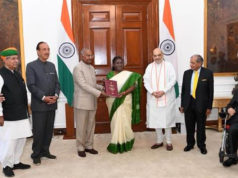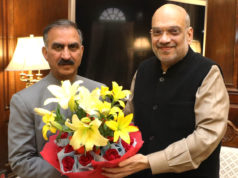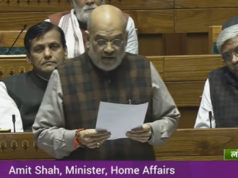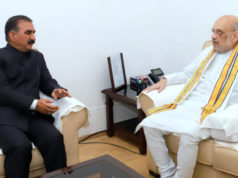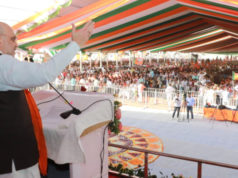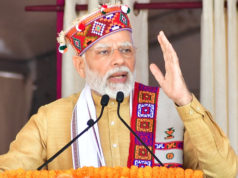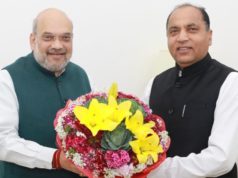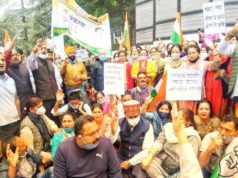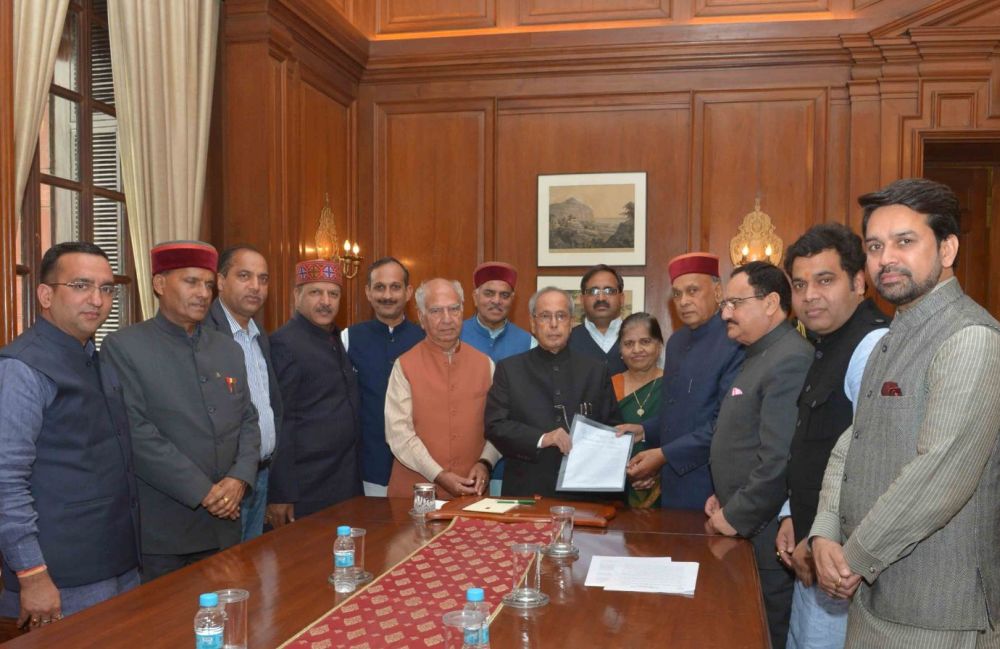Congress leader Adhir Ranjan Chowdhury refuses to be a part of the Panel, Questions feasibility and timing of it
New Delhi – In a landmark development, the Union Government has constituted an eight-member panel to investigate the feasibility of holding synchronized elections for the Lok Sabha, state legislative assemblies, municipalities, and panchayats across India. This ambitious initiative, popularly known as the ‘One Nation, One Elections’ concept, aims to streamline India’s complex electoral process and has garnered significant attention.
The committee, led by former President Ram Nath Kovind, comprises prominent individuals from various fields. Notable members of the panel include Union Home Minister Amit Shah, Congress MP Adhir Ranjan Chowdhury, renowned jurist Harish Salve and former Leader of the Opposition in the Rajya Sabha Ghulam Nabi Azad. Other members include former chairman of the Finance Commission NK Singh, former Lok Sabha Secretary General Subhash C Kashyap, and former Chief Vigilance Commissioner Sanjay Kothari.
However, Adhir Ranjan Chowdhury, initially accepting his appointment, later declined to participate, expressing reservations about the proposal’s feasibility and timing. In a letter addressed to Union Home Minister Amit Shah, he raised concerns, stating, “Sudden attempts to thrust a constitutionally suspect, pragmatically non-feasible and logistically unimplementable idea on the nation, months before the General Election, raise serious concerns about ulterior motives of the government.” Chowdhury also questioned the exclusion of Rajya Sabha Leader of Opposition and Congress chief Mallikarjun Kharge from the panel.
In response to these concerns, Minister of State for Law Arjun Ram Meghwal has been designated as a special invitee to the committee’s meetings. Niten Chandra, Secretary of the Department of Legal Affairs, will serve as the secretary of the committee. The panel, headquartered in New Delhi, has been instructed to commence its work immediately and provide recommendations in a timely manner.
The committee’s primary mandate is to “examine and make recommendations for holding simultaneous elections, keeping in view the existing framework under the Constitution and other statutory provisions.” To achieve this, the panel will scrutinize and propose specific amendments, if necessary, to the Constitution, the Representation of People Act, and any other relevant laws. Importantly, it will assess whether these constitutional amendments would necessitate ratification by the states and evaluate the logistical and manpower requirements, including Electronic Voting Machines (EVMs) and Voter Verified Paper Audit Trails (VVPATs), for conducting synchronized elections.
Furthermore, the committee will “analyze and recommend” potential solutions in various scenarios, such as a hung House, the adoption of a no-confidence motion, or defections. The panel has committed to considering input from all relevant stakeholders and individuals who can contribute to its work.
Additionally, the committee will “propose a framework for the synchronization of elections, suggest phases and time frames for conducting simultaneous elections if a one-time event is not feasible, and recommend any necessary amendments to the Constitution and other laws, along with proposed rules for such circumstances.” It will also provide recommendations regarding the use of a single electoral roll and electoral ID cards for voter identification.
The formation of this high-level committee marks a pivotal moment in India’s electoral history and underscores the government’s commitment to exploring innovative approaches to enhance the efficiency and transparency of the electoral process. As the committee commences its work, its recommendations are anticipated to shape the future of India’s elections and governance, sparking widespread interest and discussion among citizens and policymakers alike.


